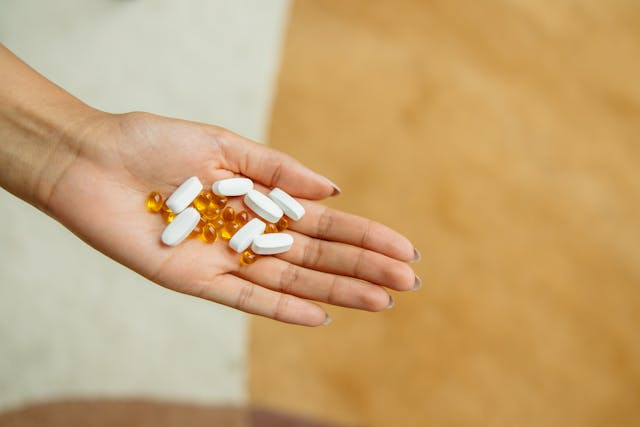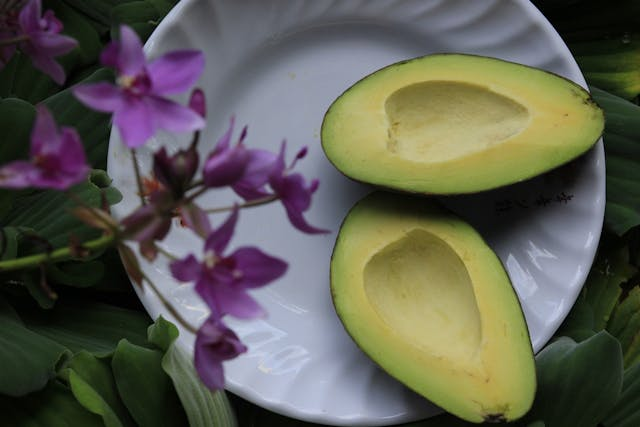
Can GERD be Cured? What is the Treatment and Prevention for GERD?
Time to read 3 min
Time to read 3 min
Gastroesophageal reflux disease (GERD) requires a complete transformation of your diet, lifestyle, and supplementation. You need to add natural foods that are organic and nutrient-rich. You also need to increase your fibre intake as well as add probiotics.
When you start experiencing the symptoms of GERD, such as acid reflux and irritation in the stomach or in the esophagus, you should start with lifestyle changes and diet. These can help with easing the symptoms and providing your the body the nutrients it needs for optimal functioning.
When understanding can GERD be cured, it is important to know the various treatment options available. You can get a complete MRI, ultrasound, and endoscopy done to check for signs of GERD and other digestive issues.
It is vital that you start a natural diet that is devoid of processed foods and focused on fruits, vegetables, grains, and seeds. You can also add proteins in the form of chicken and eggs, while understanding what foods work best for your body.
You would have to cut out smoking and drinking as a part of the GERD treatment journey. You can cut these out gradually to help you get accustomed to the new lifestyle. You can also focus on other stress relief methods to help with the lifestyle changes.
You can take antacids, husk, and other symptoms focused medication to help with your symptoms. You can continue taking them for symptom relief, but you would still have to focus on a complete transformation of your diet and lifestyle.
Your doctors can prescribe medication in the form of proton pump inhibitors, H2 blockers, stomach acid neutralizers, etc. These can help with the symptoms of GERD while allowing you to recover from indigestion, gas, nausea, and bloating.
Through fundoplication or GERD surgery, doctors can strengthen the lower oesophageal sphincter to help prevent the reflux. The surgery can be beneficial in several cases, enabling the person to digest food optimally post-surgery.
In a large number of cases the risk of relapse for GERD can be significantly high. You may be prescribed medication, proton pump inhibitors, and antacids, but you need to also change your underlying diet and lifestyle.
You would have to continue being active and using stress management techniques to help ease your digestive functioning. Through the lifestyle changes, you can lower your exposure to potential toxins as well as allow your body to heal naturally.
Fibre through fruits and supplements can help in boosting your metabolic health and enabling your body to pass stool normally. Your symptoms of gas, bloating, and pain, can be directly addressed by adding more fibre.
Dahi, buttermilk, tempeh, and other probiotics can be added to improve your digestive health. You can also prevent the signs of GERD and other digestive conditions, by increasing your probiotics intake.
Almonds, bananas, flax, and wholegrain foods can be highly effective prebiotics to help digest food better. They can improve the digestive functioning of the individual, allowing for better metabolic health.
You can get regularly tested through bloodwork and gut health checking. You can also go for regular imaging tests to check your risk of developing GERD or other conditions.
Stress can also hamper the digestive functioning of the individual, which is why it is important to reduce stress and improve stress management strategies. You can opt for a range of activities, including yoga, that you can regularly do.
You can start to recognize the symptoms of GERD when you have pain in your stomach, and acid reflux flowing into the esophagus. You can track these symptoms and start medication or changing your lifestyle to prevent the symptoms from rising.
You can have a metallic or sour taste in your mouth indicating that there may be something related to the acid reflux in the body.
Indigestion, gas, bloating, and other signs of GERD can be tracked to check for the signs of recurrence. You can also check for the underlying reasons for the indigestion to determine whether GERD is the main factor.
Acidity can be one of your symptoms, when you have a GERD recurrence. Your esophagus can be inflamed due to the acidity, especially if you have been experiencing this issue for a significant period.
Another one of the main GERD symptoms is phlegm building up in the throat, which can be due to the presence of stomach acid reflux. You can track the build up of phlegm over time, and check for signs of GERD through testing.
* * Medical Disclaimer - The following information is for educational purposes only. No information provided on this website, including text, graphic, and images, are intended as substitutes for professional medical advice. Please consult with your doctor about specific medical advice pertaining to your condition(s).


